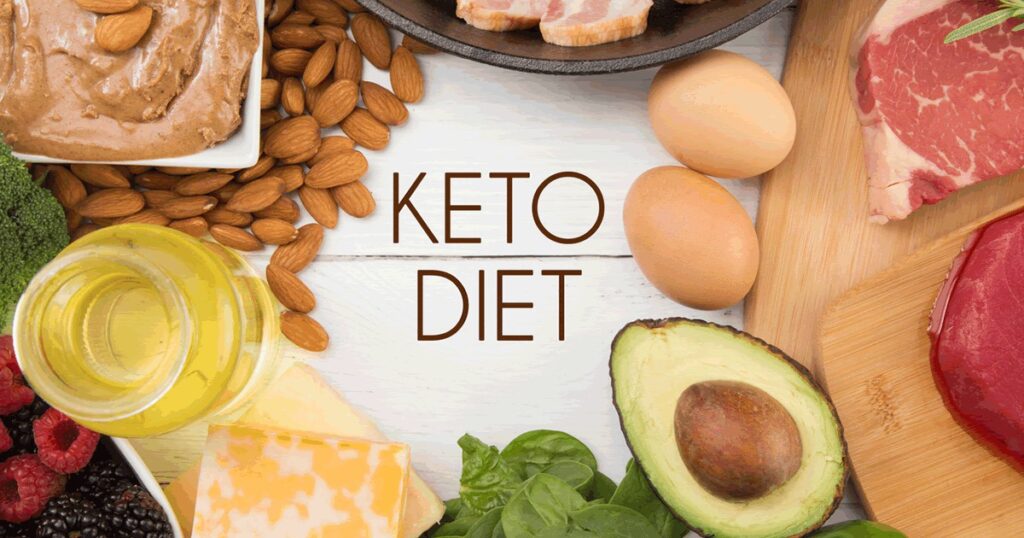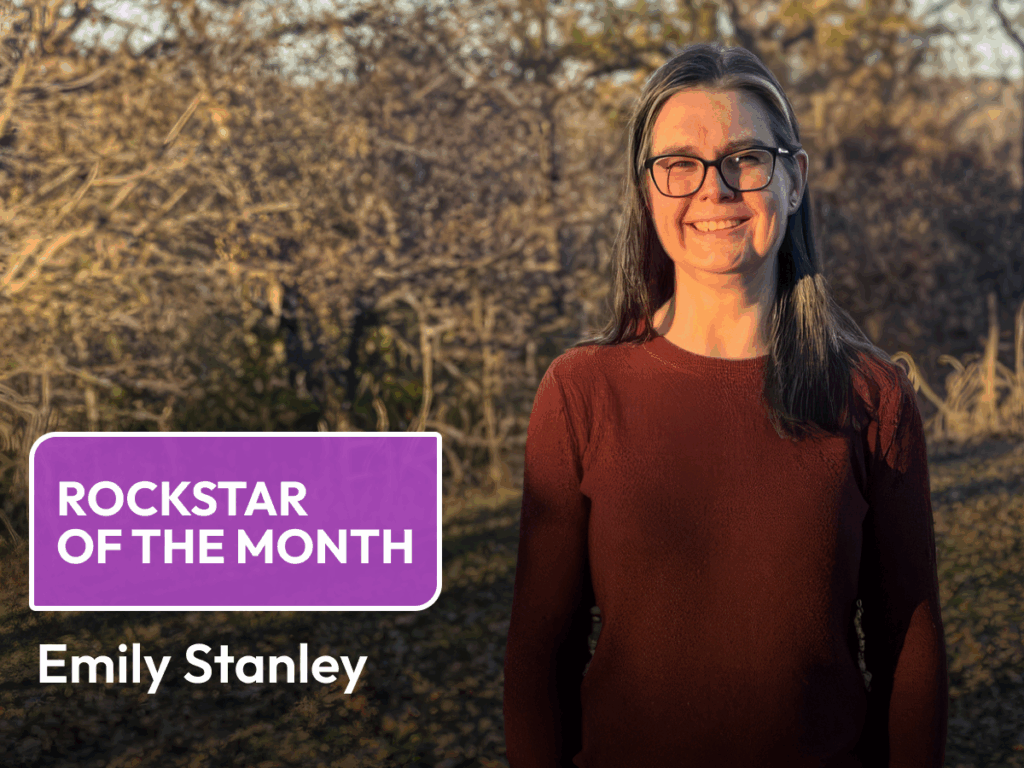What is keto?
“Keto” is short for ketosis: a state where the body is primarily burning fat for fuel. Under normal circumstances, our body and brain’s most preferred source of energy is glucose. But under severe carbohydrate restriction our body is able to convert fat for fuel by forming ketone bodies. After 3 or 4 days of depriving the body of sugar or starch, insulin production reduces and the body switches to burning fat. Ketones are produced and able to cross the blood-brain barrier to provide energy for the brain too. For this reason, the keto diet was first used medically to treat severe epilepsy that was resistant to medications: forcing the brain to run off of ketones instead of glucose helped to minimize seizures in some cases.
A keto diet is usually very high in fat (around 70%-80% of calories), moderate in protein (around 15-20%), and very low in carbohydrates (usually 5-10% or 20g to 50g- by comparison a normal American diet is between 135-195g/day). The moderate in protein part is important, and how a keto diet differs from a typical Atkins or Paleo diet which do not limit protein. Some types of proteins can be converted to glucose in the body and could throw you out of ketosis if eaten in excess. A proper keto diet should be well formulated with the help of a health professional.
Will the keto diet help me lose weight? Or lower my blood sugars?
In the short-term, yes keto can be an effective weight loss strategy. The higher amounts of fat and protein quickly signal our satiety cues leading to reduced hunger and cravings, and naturally some calorie restriction follows. Keto diets also limit sugars and highly processed foods and carbs: just the types of foods that are easiest to overindulge in.
Research has shown that it may also be an effective treatment for people with diabetes and insulin resistance to help improve their blood sugar control. Different macronutrients produce different insulin responses when consumed— carbohydrates produce a large response, protein a smaller uptick, and fat has virtually no impact on insulin levels. So it makes sense that if you were eating a very low carb, high fat diet, your insulin levels and blood sugar control would start to normalize overtime. We also know that lowering insulin levels will help with appetite control and make it easier to lose fat.
But is it sustainable?
As a dietitian, whenever I am thinking about a lifelong healthy eating pattern, sustainability is one of the most important factors. Keto diets require very careful monitoring of the number of grams of carbohydrates eaten and daily ketone levels achieved— which may not be a practical solution for everyone in the long-run. This also may limit the ability to eat out or socialize as freely. If the body is thrown out of nutritional ketosis, it can take a full week to get back into that state.
I am also always suspicious of any diet plan that completely eliminates a food group. Healthy starches such as ancient grains and beans provide us with fiber important for digestive and heart health, as well as many vitamins and minerals not as readily available in other foods. So far, research has not shown many detrimental effects to following a keto diet (surprisingly even for heart health), but no long term studies have been done.
Keto vs Low Carb?
The majority of people doing a keto diet, especially if they are not being monitored by a health professional, are likely doing something closer to low carb. While there is no strict definition of low carb diets, typically it looks like eating less than 130g/day. Those following a low carb diet may not track their carbs strictly, but will avoid obvious high carb foods such bread and pasta in favor of lettuce wraps and zucchini noodles. By replacing more processed carbs and sugars with lower-calorie, nutrient-rich veggies, low carb diets have also shown to help with weight loss, and may be easier to follow for the long haul. If you are interested in discussing more about low-carb options, make sure to reach out to your Enara healthcare provider!



